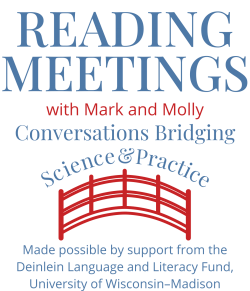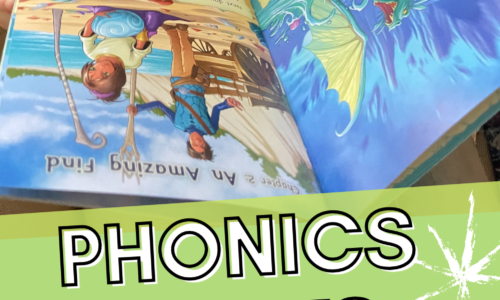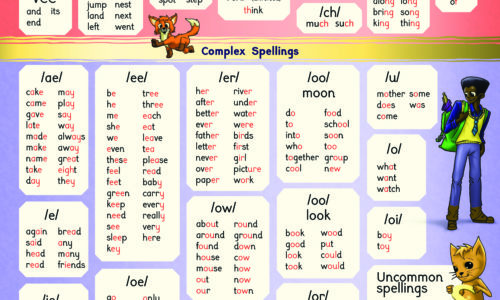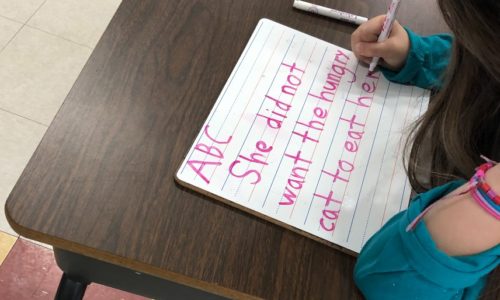Over the years, it has become apparent that the Reading Workshop/Guided Reading model of instruction, popular in U.S. schools, does not produce the results promised. Special Education numbers have increased, and many children get labeled, unnecessarily, as having a “reading disability.” It is undoubtedly a huge undertaking to put the brakes on and start fresh.…
Read MoreLynbrook leads the way on Long Island
Posted on in Approaches to Teaching Reading, Customer Feedback, Decodable Books, Learning to Read, Our News, Reading Resources, Science of Reading and tagged Article, beginning readers, decodable books, literacy instruction, Long Island, Lynbrook, Phonics, reading research, Science of Reading, sounds-write, structured reading instruction, struggling readers10 Comments on Lynbrook leads the way on Long Island







